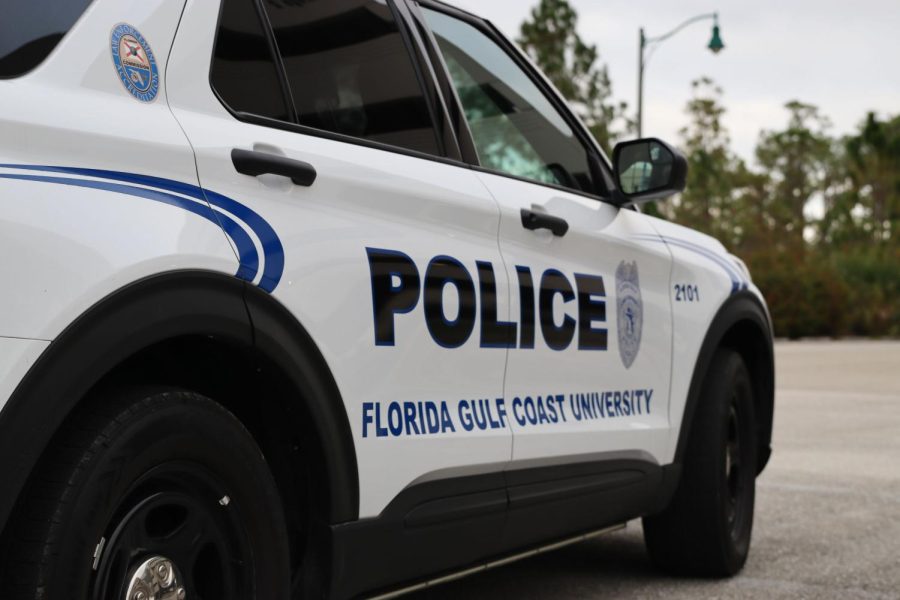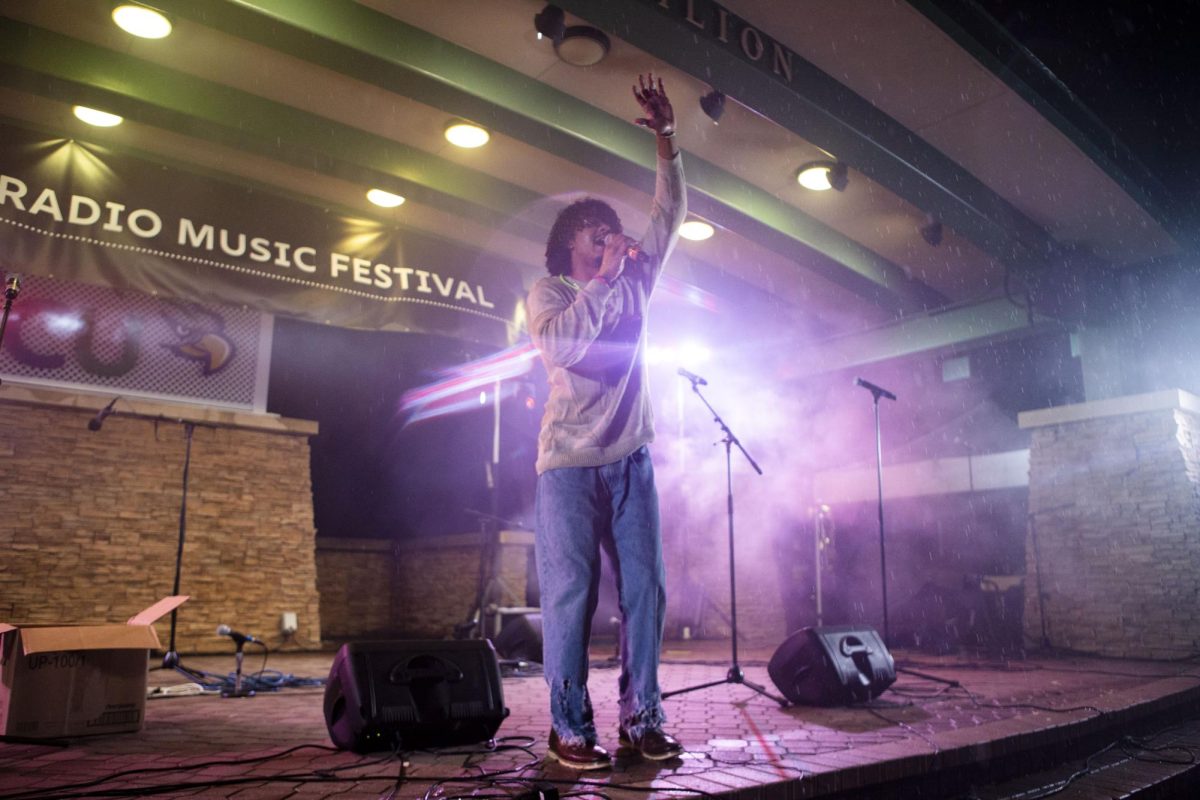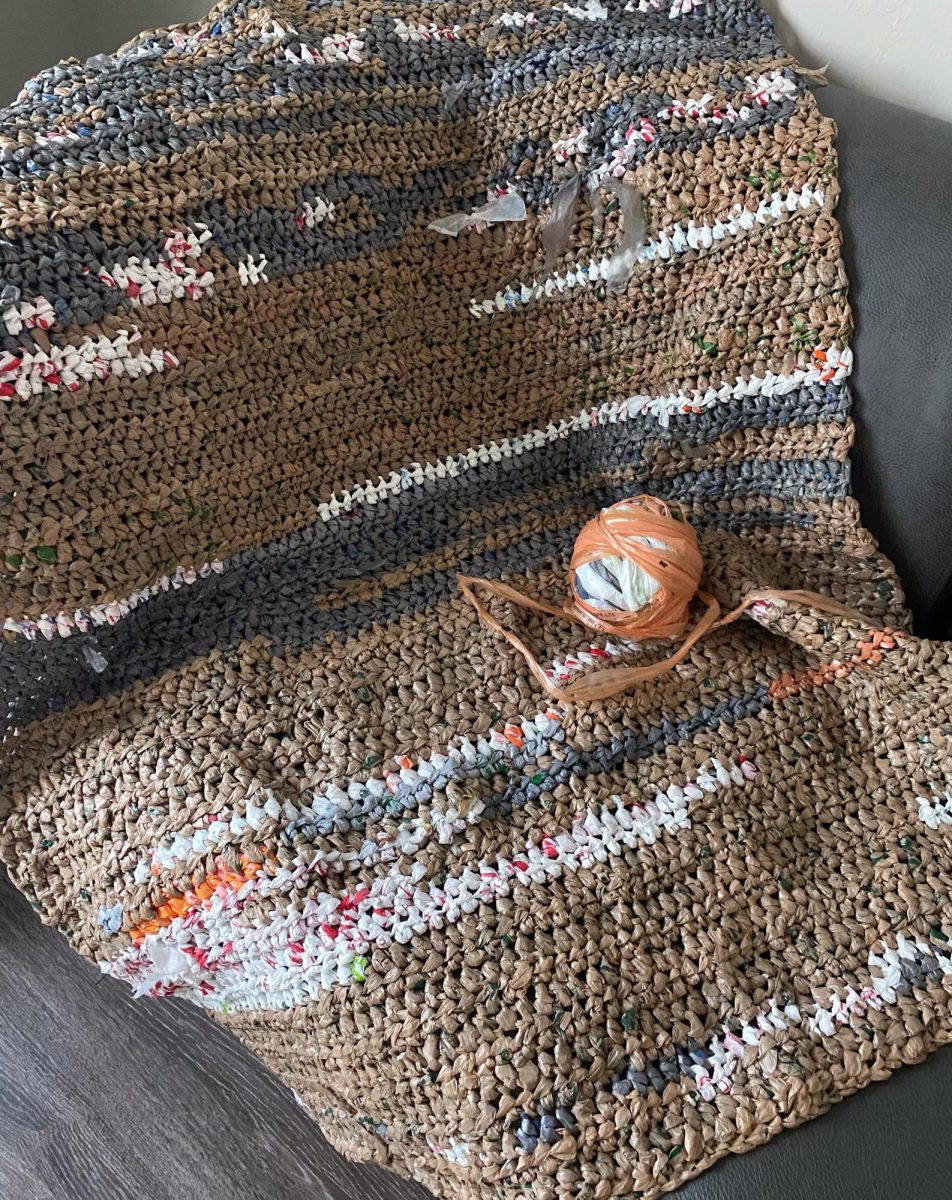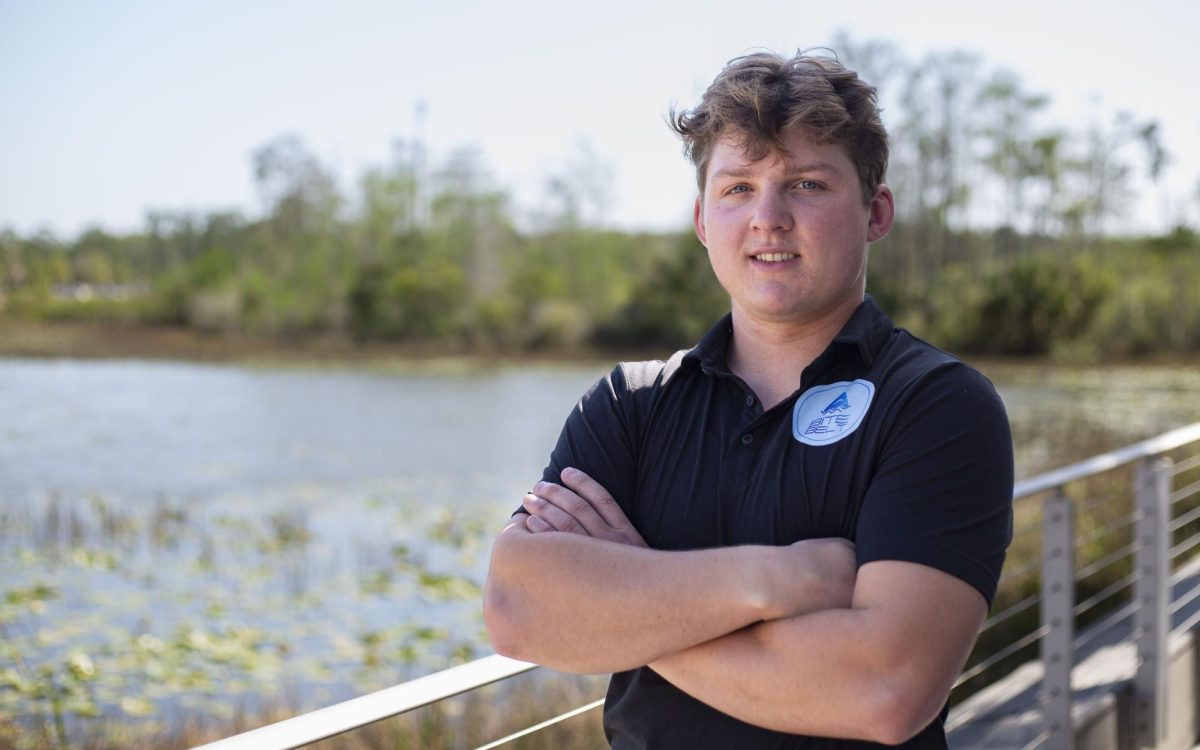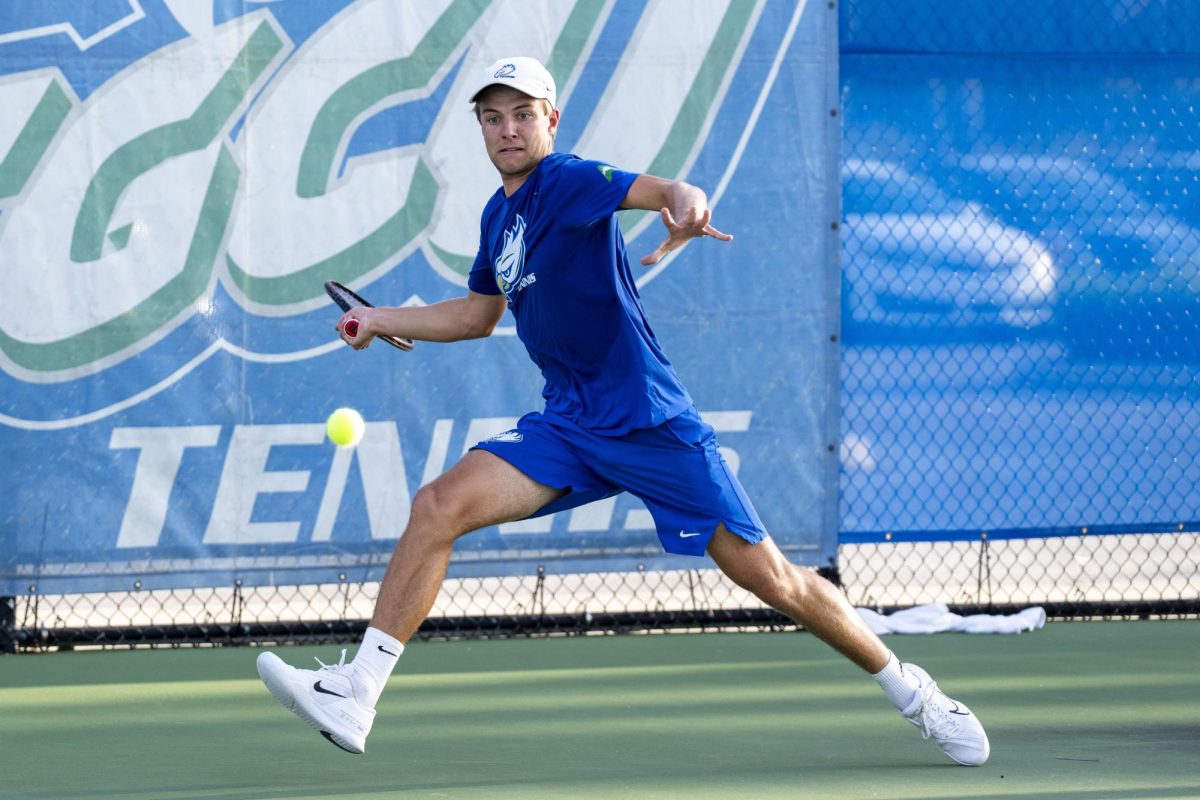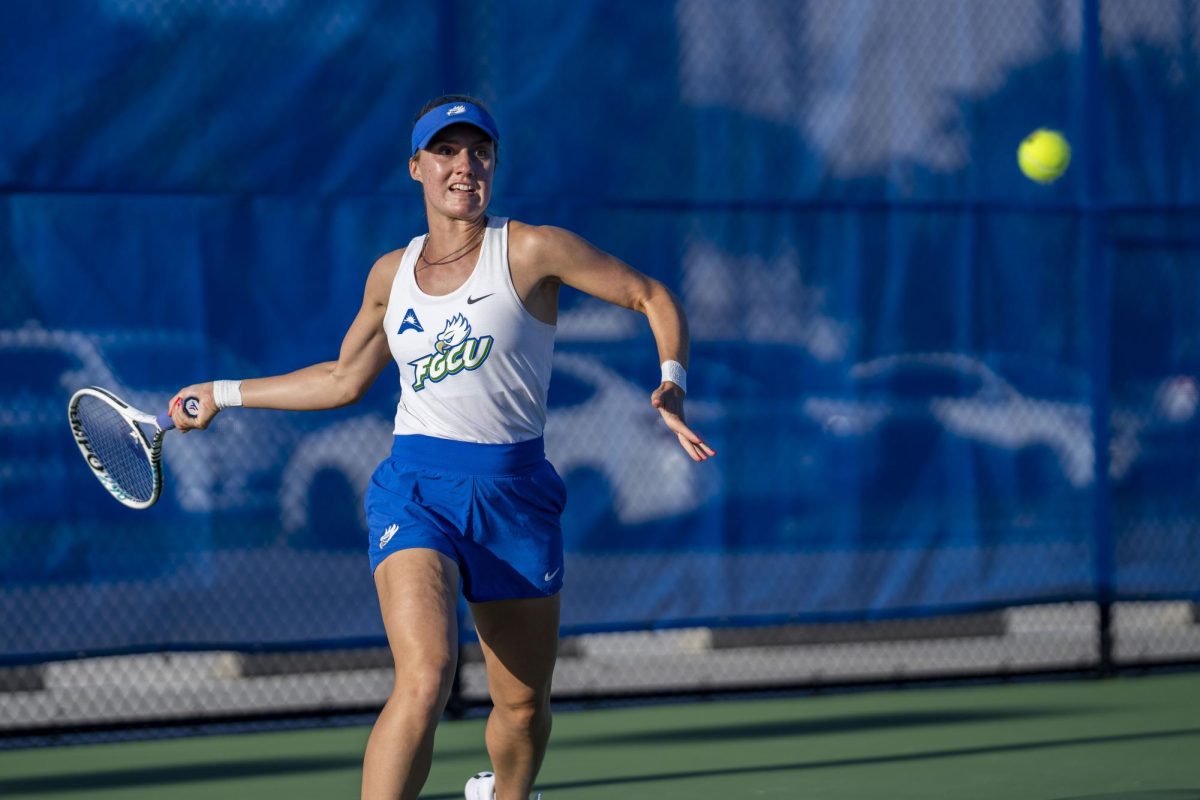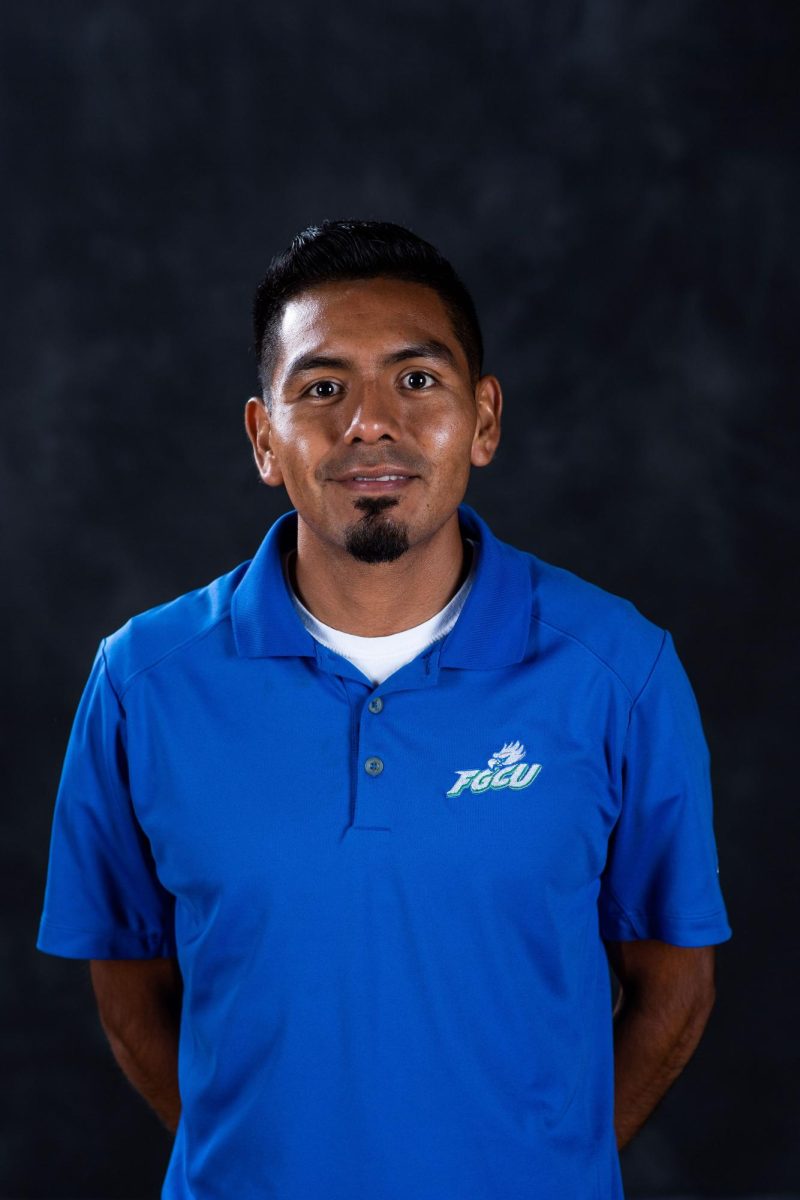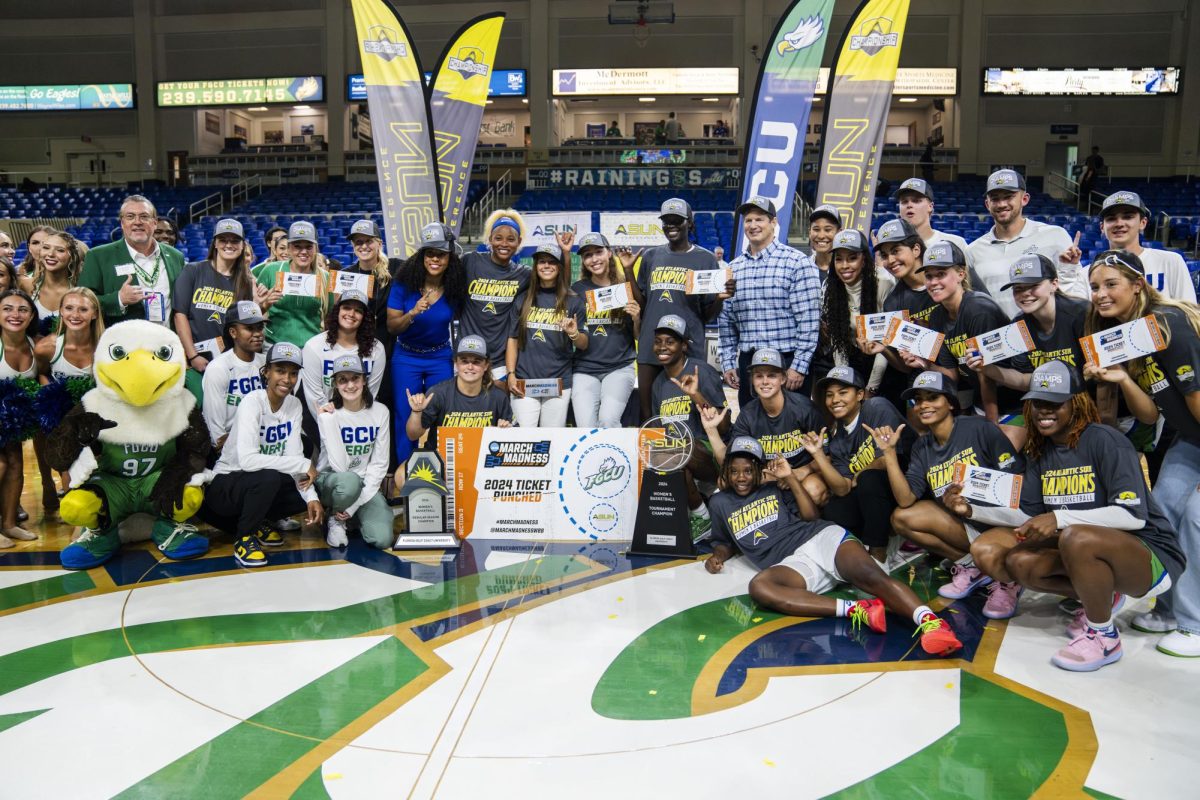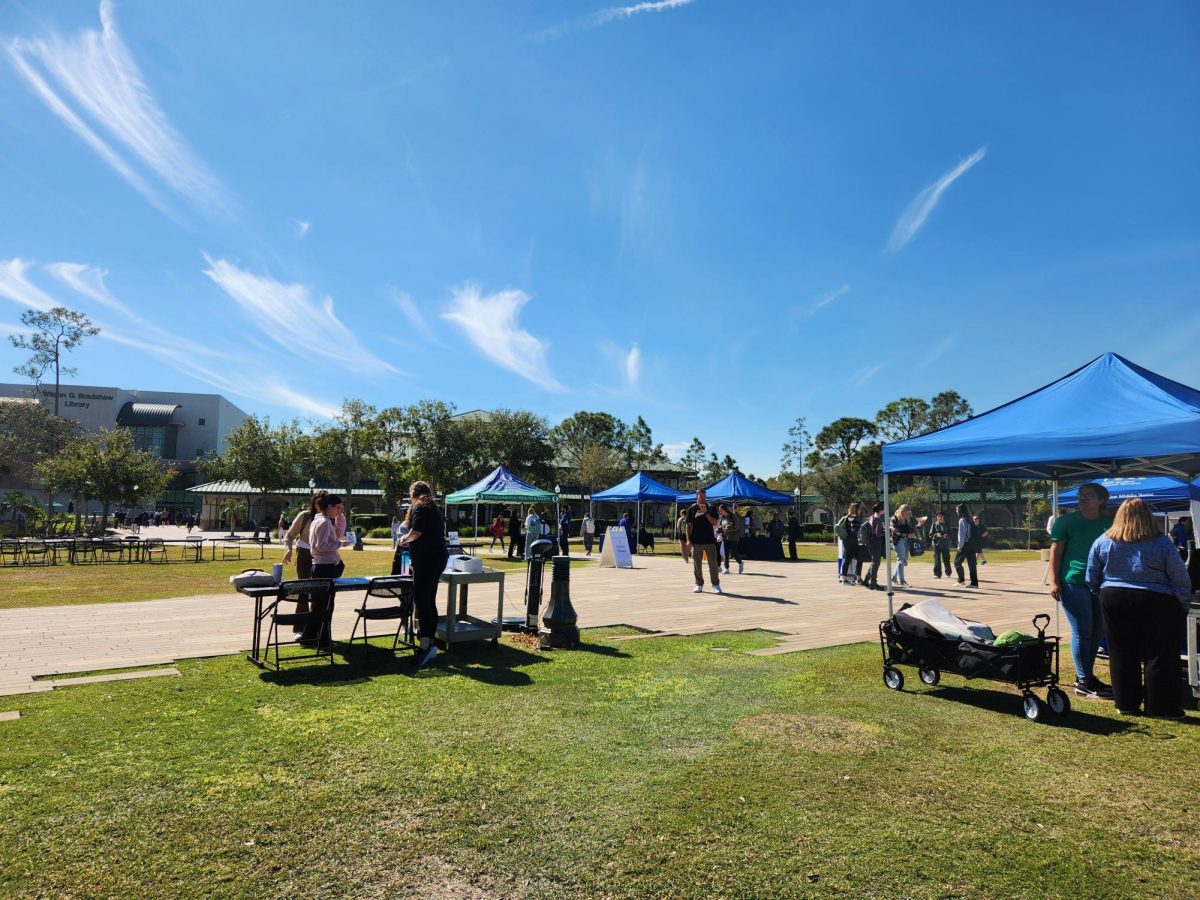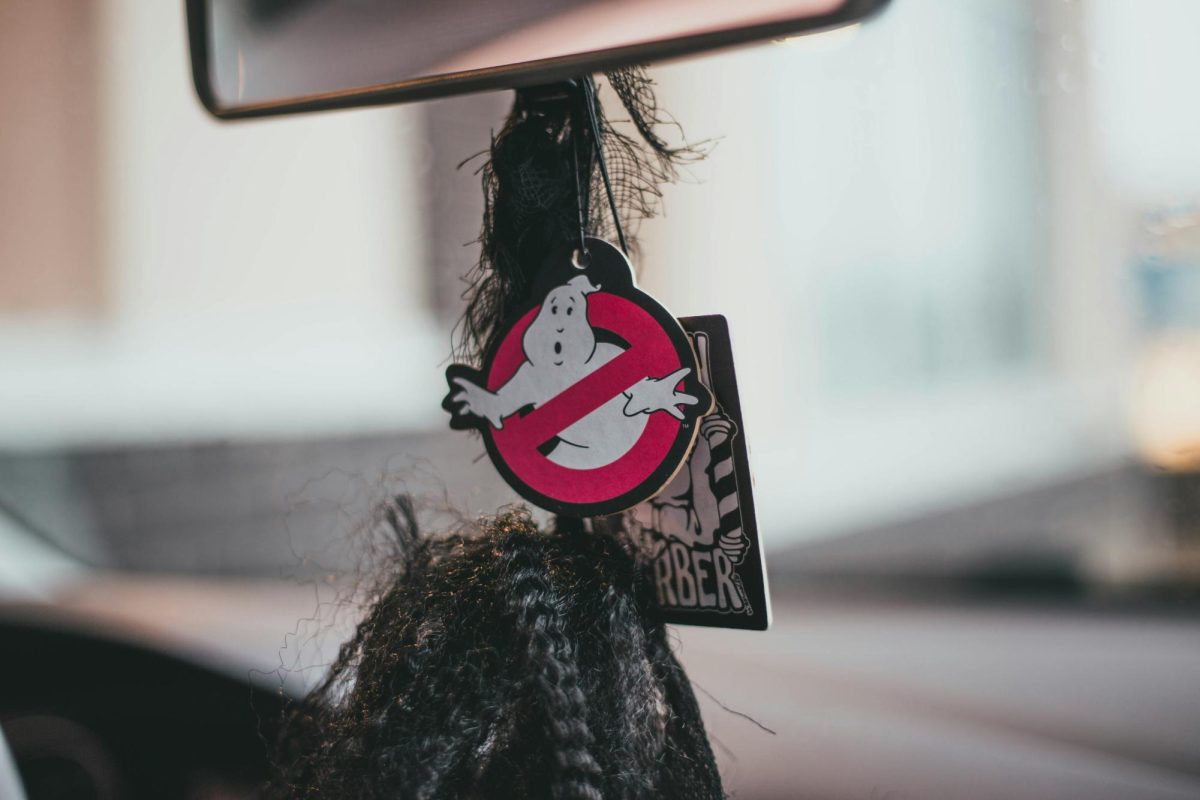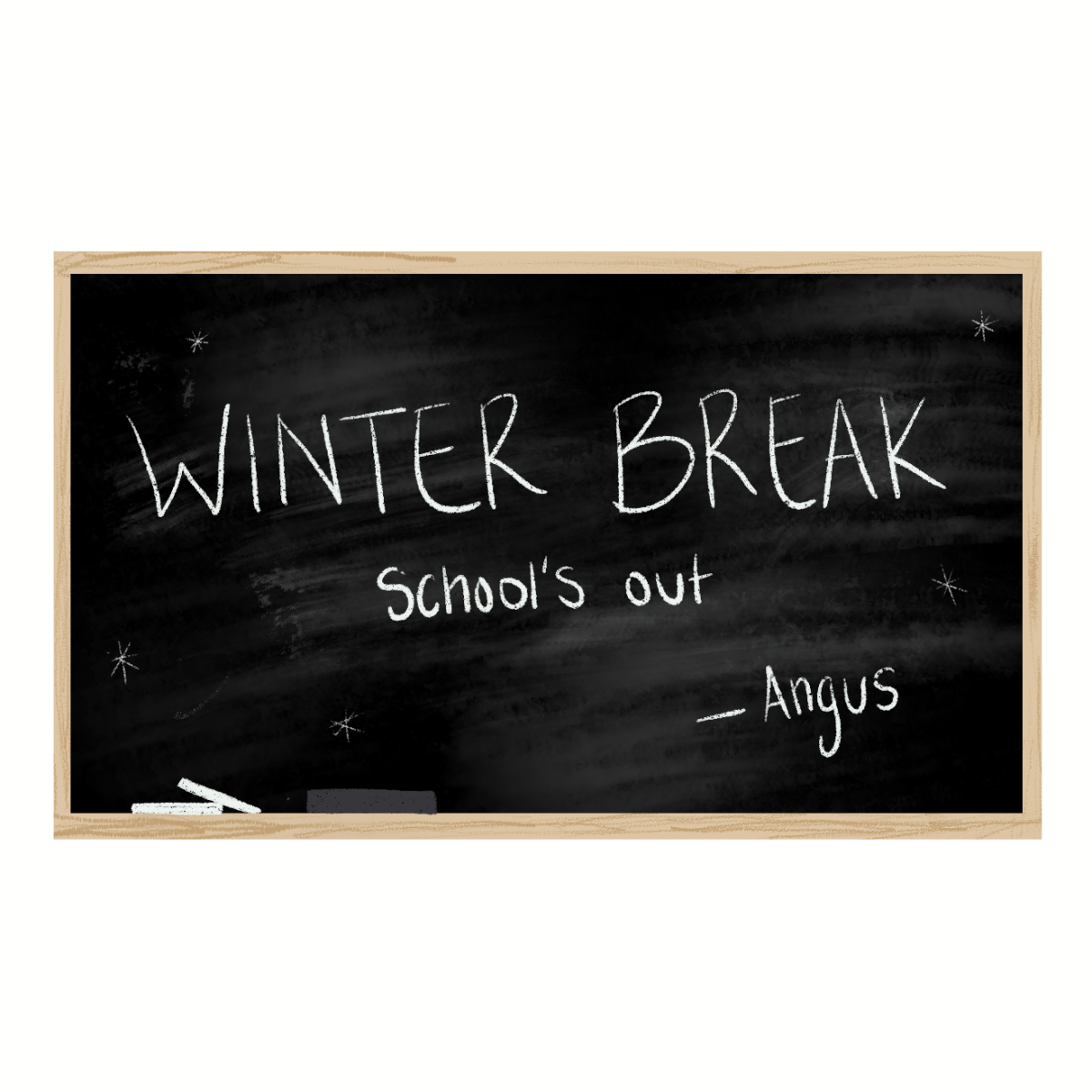A 13-year-old boy waits in line on a brisk Tuesday morning to go through a metal detector. He’s patted down, his backpack searched and the dingy hood pulled off his head. He’s not getting on a plane or spending the day at an amusement park; he’s simply just trying to go to seventh grade reading class. When I applied for Alternative Fall Break, I didn’t really know what I was getting myself into.
Rumor had it that I could expect a lot of laughs, a lot of community service and “a lifechanging experience.”
All that and a whole week spent in Atlanta? Count me in.
All of the trip participants met in the student plaza to board the charter bus with pillows and blankets at hand. The plan was to drive through the night so the ten hour excursion would feel more like a good night’s sleep on wheels.
It was a relatively silent ride and before we knew it, the sun was up and we were exposed to the beautiful city of Atlanta. We arrived at the church that we would be living in and made our way off the bus. Each participant walked off the bus with his or her own unique scream or curse word to acknowledge the portal of 30-degree weather we were entering. Apparently this was that winter thing people are always talking about.
It only took about three seconds and a couple frozen feet for me to realize that my flipflops and yoga pants were not going to cut it for this trip.
Once we got into the church, we were introduced to the close quarters that would be our home for the next week. We were also sharing the cozy living space with students from Ohio State University and Florida International University.
Sixty something students, only 50-something bunk beds. And three showers. And so the adventure began.
After we got settled in to our temporary home, we piled on more clothes and headed downstairs for a welcome meeting and hopefully some breakfast.
This is where we met the founder of the Medici Project and the Ohio State kids in T-shirts who were chatting about the “nice” weather. Meanwhile, the group from Florida Gulf Coast sits at the table across the room bundled up in preparation for the blizzard of the century.
We learned that we would be working with representatives from the Medici Project throughout the course of the week. A man named Vince explained that the Medici Project is a group that specializes in leading programs and coordinating opportunities for students to help inner city communities in need. Vince told us that during the week we would take on a variety of tasks, serve at seven different locations and leave a positive impact on the Atlanta community.
Every day of the week was fully scheduled and ran from about 8 a.m. – 11 p.m. Most days started with tutoring at Sylvan Hills Middle School followed by a different service project in the afternoon. Each day would wind down and end the same with dinner, a lesson, small groups and reflections.
The bus rides to the different service locations allowed us to take in both the beauty and heartbreak of the scenery that was Atlanta.
The scene that turned a rowdy bus silent was what the locals call “Tent City.” Not even a mile from the center of downtown Atlanta there is a cluster of tents and scattered belongings underneath a highway overpass. This devastating sight is where most of Atlanta’s homeless community resides. The population of this community is comprised of people from all walks of life, and most cannot predict how long they will call “Tent City” their home.
Going from the paradise of “Dunk City” to the devastation of “Tent City” left us all speechless and in greater appreciation of what we have back home.
The service that consumed most of our time was morning tutoring at Sylvan Hills Middle School. Somehow we got to bypass all the metal detectors entering the school while every Sylvan student had to go through this high security search.
The kids stared, waved and yelled at us like we were celebrities walking down the red carpet. We were divided into small groups and assigned to tutor in various classes based on the subjects we were most interested in. Sylvan Hills showed us a lot. We saw kids stabbing each other with pencils, students cursing at the principal and teachers who admitted to crying most mornings on their way to work.
But underneath the rough exterior of inner city school, we found some of the most kindhearted and loving children in Atlanta who just wanted someone to care. The whole point of going to Sylvan Hills was to help educate the kids in areas they may be struggling. But after a week of letting these kids into our lives, it was pretty evident that the students of Sylvan Hills taught us way more than we could have ever taught them.
Another one of the service projects that stuck with me was our trip to the MedShare sorting facility.
A grey-haired man with a thick accent stood in front of us and spoke slowly and softly. He introduced himself as Dr. Bayor, a traveling doctor from Togo. He spoke with a sense of wisdom that was beyond all our experiences combined, and paused before asking the group a question.
“A doctor in Africa only performs surgery with one hand. Why is that?” We looked around at each other and responded with what seemed to be a logical answer.
“He must be an amputee or something.” “Incorrect.” Dr. Bayor said. “He performs surgery with one hand because he has only one glove. He uses that one glove, and washes and reuses it. Just that one.”
The doctor then went on to explain that U.S. hospitals generate over two millions tons of medical waste each year. The majority of that waste includes unused, unwrapped medical supplies and equipment.
The World Health Association estimates that more than 10 million children under the age of five die in the developing world because of inadequate medical care and resources. So where does all this unused waste go? That’s where MedShare comes in.
The non-profit based out of Atlanta collects surplus medical supplies from US hospitals and sorts them in a warehouse full of passionate volunteers and medical professionals. MedShare packages and ships thousands of tons of supplies to 95 different countries across the globe.
Our group was given what seemed to be simple instructions for our time there. Find a box of supplies, sort out the expired items, package the items that could be used and label them accordingly.
Easy enough, right? For the journalism student who can’t even make a decision on which brand of cough drops to buy, the task was easier said than done.
Luckily, the two nursing students of the group became the all-knowing masterminds that helped us navigate our way through the sea of medical supplies and foreign terminology.
In a matter of a few hours, we sorted and packaged nearly 40 packages of medical supplies.
Aside from MedShare and Sylvan Hills, we broke a sweat at a community garden, sorted literature to be sent across the world with Books for Africa, shaved recycled soap with the Global Soap Project, worked in a local marketplace, organized Christmas gifts for families in need, rewarded ourselves with a day of sightseeing and stumbled upon what was easily the best coffee shop in all of Georgia. On the night of December 15, I boarded a bus with a group of 33. A few were familiar faces, some were friends but most were complete strangers. A week later, I got off that same bus and walked away with a greater appreciation, an alternative perspective and a life-changing connection with 33 of FGCU’s most inspiring individuals.


